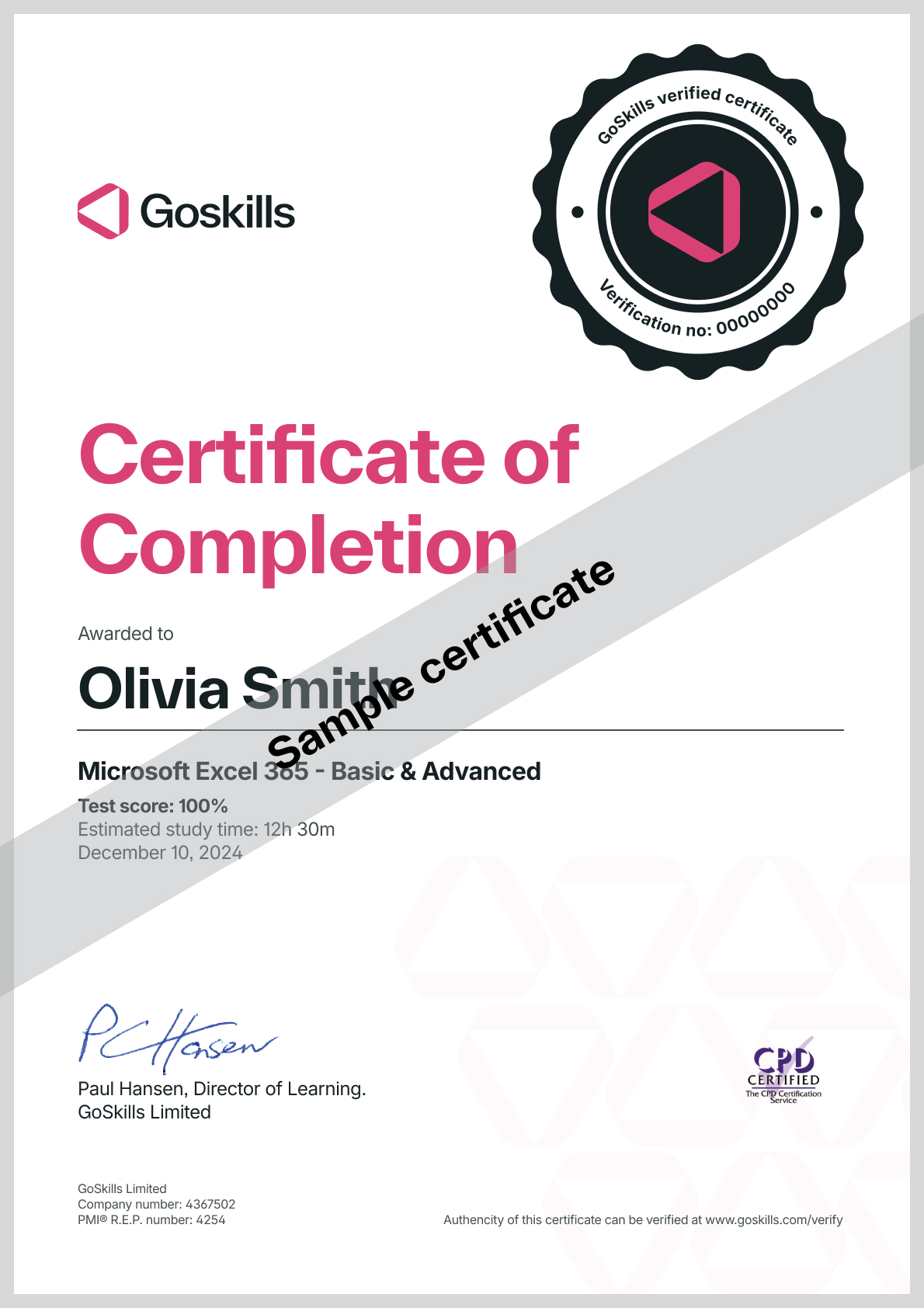Leadership & Management Courses - Listening Skills
Listening Skills
Skills you’ll gain
Successful managers and teammates are great communicators, which means they know when to talk when to listen. Great listening skills allow you to learn, process, and turn information into action. If you want to improve your ability to connect with your team, diagnose problems, and find innovative solutions, this course is for you.
In this bite-sized course, you'll learn how to:
- Use your judgment to engage in conversation at the right time.
- Adopt easy habits that put you in the best mindset for listening.
- Tap into a deeper understanding of others through their voice and body language.
- Make conversations with colleagues more meaningful and effective.
This comprehensive course will waste no time putting you on your journey toward becoming a better leader and project manager. Gain confidence, earn the trust of your colleagues, and foster important relationships by learning essential listening skills.
Syllabus
Download syllabus-
1
Using Eye Contact to Improve Focus In many cultures, maintaining eye contact with someone is a sign of respect - and it will help you listen. 3m
-
2
Simple Ways to Show You're Listening Use simple body language and verbal responses to show someone that you're paying attention and understand them. 3m
-
3
Use Observation to Understand What Others Need Paying attention to body language and other non-verbal cues can help you better understand your colleagues and their needs. 3m
-
1
Master the Art of Not Interrupting Interrupting someone is not the same as listening, except in the case of asking for clarification. 4m
-
2
Connect With Your Colleague on the Emotional Level If you really listen and empathize with your colleague, you can understand how they truly feel about what they are conveying to you. 3m
-
3
Engage In Conversation at the Right Time Restating and paraphrasing what someone said is a helpful way to review and confirm what they've said. 3m
-
4
Use Judgment and Timing to Gain Knowledge Asking questions should be about gaining clarity and understanding, not trying to make yourself look smart. 2m
-
1
Support Your Listening with Pen and Paper Notetaking is an essential tool that complements good listening skills. However, using a phone to take notes might send an unintended message. 4m
-
2
Summarizing the Conversation Adds Value and Trust Asking colleagues for clarification is a helpful way to confirm important details while also demonstrating listening skills and building trust. 4m
-
3
Wrap-up Meetings and Supercharge Your Listening Preparing one-page summaries of important meetings and emailing them to teammates forces you to listen and focus on all the key points. 3m
-
4
Earn Your New Reputation as a Great Listener Have you been listening? Here's a quick recap of the tools you'll want to employ in the workplace as a great listener. 3m
Certificate
Certificate of Completion
Awarded upon successful completion of the course.

Instructor
TJ Walker
TJ Walker has been conducting media training workshops and seminars since 1984. Walker has trained Presidents of countries, Prime Ministers, Nobel Peace Prize winners, Super Bowl winners, U.S. Senators, Miss Universes and Members of Parliament.
His book, "Secret to Foolproof Presentations" was a USA Today #1 Bestseller, as well as a Wall Street Journal and Business Week Bestseller. Walker is a also a regular contributor to Forbes and the Reuters Insider Network and has written for the Huffington Post.

TJ Walker
Public Speaking Trainer and Author
Accreditations
Link to awardsHow GoSkills helped Chris
I got the promotion largely because of the skills I could develop, thanks to the GoSkills courses I took. I set aside at least 30 minutes daily to invest in myself and my professional growth. Seeing how much this has helped me become a more efficient employee is a big motivation.



